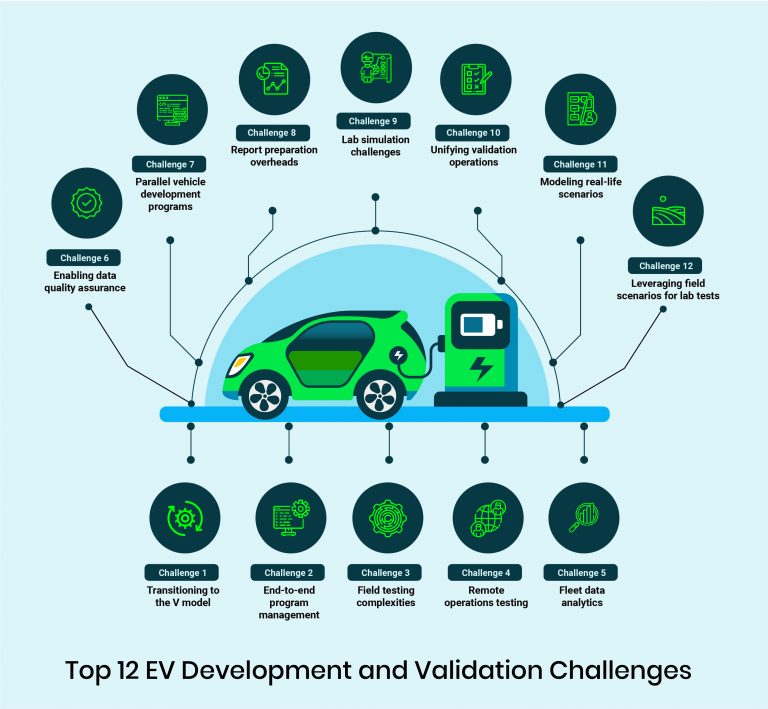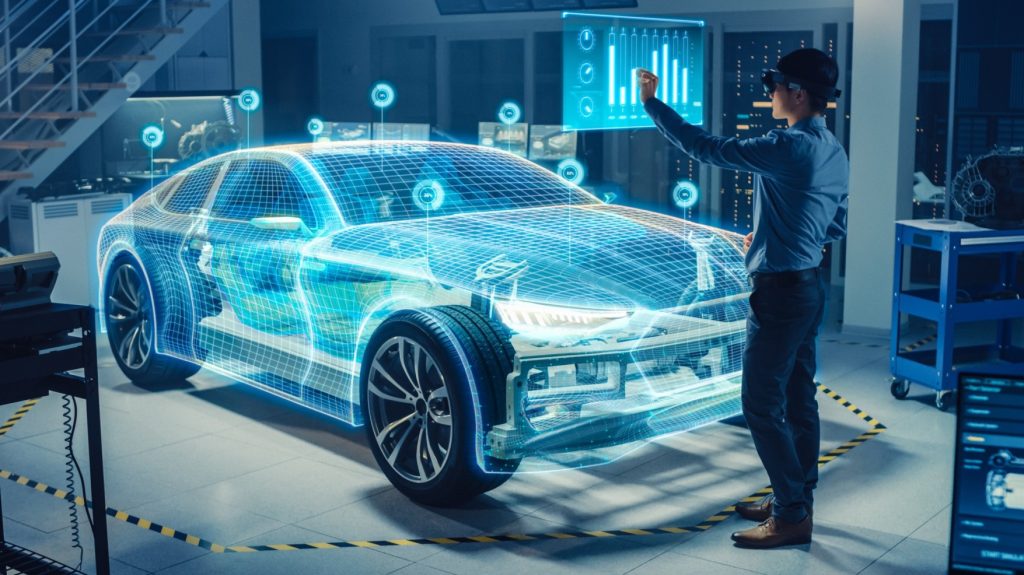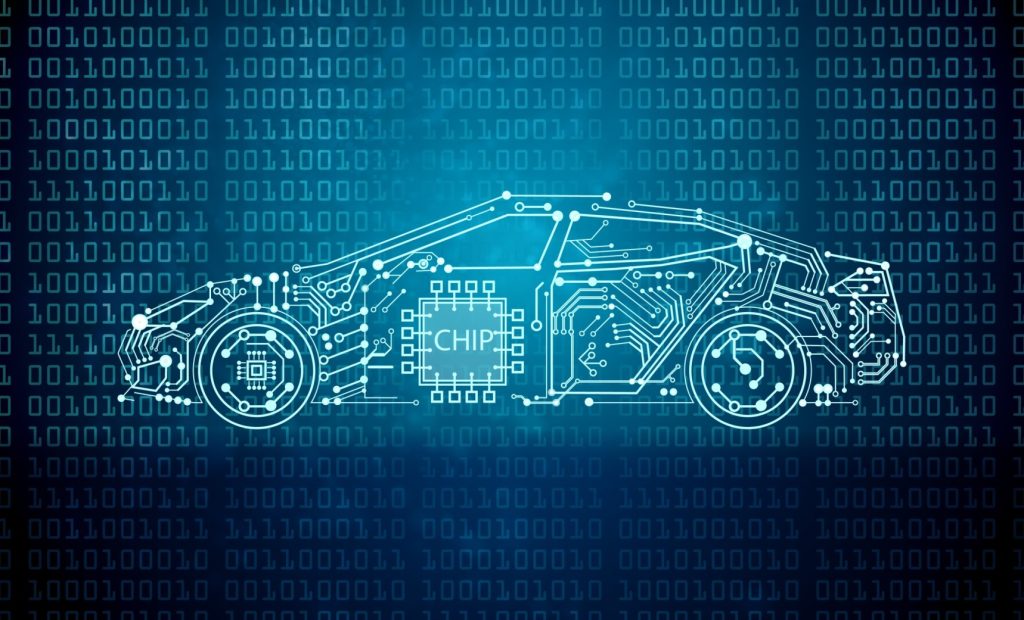Let’s Talk About the Top 12 EV Development and Validation Challenges
A decade ago, nobody would have believed that electric vehicles will compete with fossil-fuel vehicles in terms of sales. But the tides have changed and today, EVs hold a considerable market share in almost every country where citizens are increasingly being cautious about rising fuel prices and environmental damages from carbon emissions.
However, EV development is not a very seamless activity that can be achieved simply by copying what traditional vehicle manufacturers have been doing for decades. It poses a new set of challenges, especially on the validation front which needs to be addressed if the true potential of EVs as a mass-market proposition is to be realized.
Let us explore the top 12 Electric vehicles challenges for development and validation that every EV maker needs to pay attention to:
Challenge 1: Transitioning to the V model
The demonstrated success of the V model in engineering complex systems creates a huge demand in the EV systems market for transitioning into the same for improved competitiveness. However, moving to a model that emphasizes testing and validating every development stage before proceeding to the next step in sequence can be a challenging experience for EV makers. Enabling data-driven engineering in every step requires seamless integration of feedback from the validation phase attached to the respective step. The challenge needs to be solved if EV makers want to build and launch efficient systems in less time and capture market leadership.
Challenge 2: End-to-end program management
EV development involves multiple parallel and sequential workstreams. This results in a huge overhead that needs to be brought under control if all facets of EV development are to be managed at the enterprise level. From the vehicle design metrics verification to infrastructure and validation stages, the scope of coverage for end-to-end management is huge. While established manufacturers may have access to capital and have inherent knowledge in complex program management, this challenge can be overwhelming especially for startup EV makers.
Challenge 3: Field testing complexities
Being a mobility product, it is very important to have validation stages in place for actual field deployment and performance of the vehicle. However, when taken to the field for testing, there is a considerable effort that must be made if all field operation scenarios are to be mapped for testing. EV makers need access to easier and more streamlined field-testing scenarios that cover nearly all facets of field usage and are capable of recording even the minutest of field failure scenarios.

Challenge 4: Remote operations testing
EV makers often require remote operations for utilities, manpower, test data, and testbeds. From a testing and validation perspective, this results in additional liability. Fully understanding the remote landscape is a challenging endeavor. To add to the complexity, there may be different patterns for manpower allocation, infrastructure configurations, etc. which makes it even more challenging from a testing perspective.
Challenge 5: Fleet data analytics
To improve EV performance and empower future innovations, it is extremely important to have deep and drilled-down granular insights into fleet data which can be obtained through high-end data analytics. Pairing the right volume of fleet data with the right analytical tool can be challenging.
Challenge 6: Enabling data quality assurance
With multiple systems involved across the length and breadth of the organization, it is natural to have several data streams flowing into the core processes of the business. For EV makers, the challenge can be a bit more daunting as they have live data feeds supplying tons of data every minute. Ensuring data quality becomes a primary focus area as they will be leveraged by multiple dependent systems over the course of time.
Challenge 7: Parallel vehicle development programs
EV makers may have to deal with development programs for multiple vehicles concurrently or multiple component development initiatives parallelly for the same vehicle. The added complexity to manage growing requirements from simultaneous development initiatives can be a challenging proposition that needs to be solved for efficient functioning.
Challenge 8: Report preparation overheads
Every EV product that is readied for launch requires months or years of experimental stages in R&D and development processes. All these stages include the diverse categories of reporting which may happen for weekly, monthly or annual audits. Many stakeholders struggle to find time for preparing reports owing to the scope of coverage that each of these reporting carries.
Challenge 9: Lab simulation challenges
Before the field testing and reporting of performance are carried out, EV makers rely on test laboratories for experimenting with unique use cases. Labs have simulation capabilities that provide real results for in-field conditions and the performance of components in lab simulations must be validated.
Challenge 10: Unifying validation operations
We have already seen the diverse range of validation, test data management, maintenance schedules, and testbed slots that EV makers must manage in their daily operations. For decision-making, it is critical to unify these activities on a single platform for better visibility and transparency. Bringing all facets of their validation process into a single platform, however, can be a challenge because of multiple siloed teams and siloed data management.
Challenge 11: Modeling real-life scenarios
The next big challenge for EV makers is to create real-time models that will be encountered in the future based on fleet data as well as the test data obtained from on-road tests.
Challenge 12: Leveraging field scenarios for lab tests
Configuring the test lab for modeling every possible field scenario is a time-consuming task. If EV makers stick with manual configuration, the validation process will affect other critical launch plans owing to delays and inefficiencies.
The 12 challenges we discussed in this blog form a critical case for bringing on board a fully automated end-to-end validation ecosystem for EV makers. As market competitiveness and consumer dynamics continue to force the evolution of new and innovative technologies in all areas of EV development, it is important to have a holistic validation strategy that helps to vet development practices in the shortest time frame.
This is where we can help. Get in touch with us to know more.



